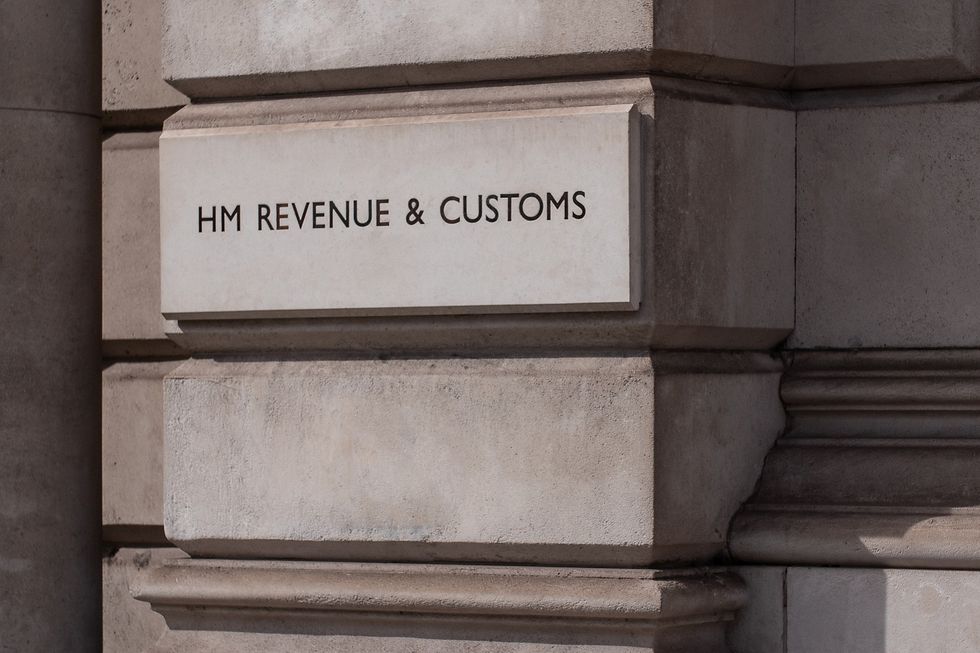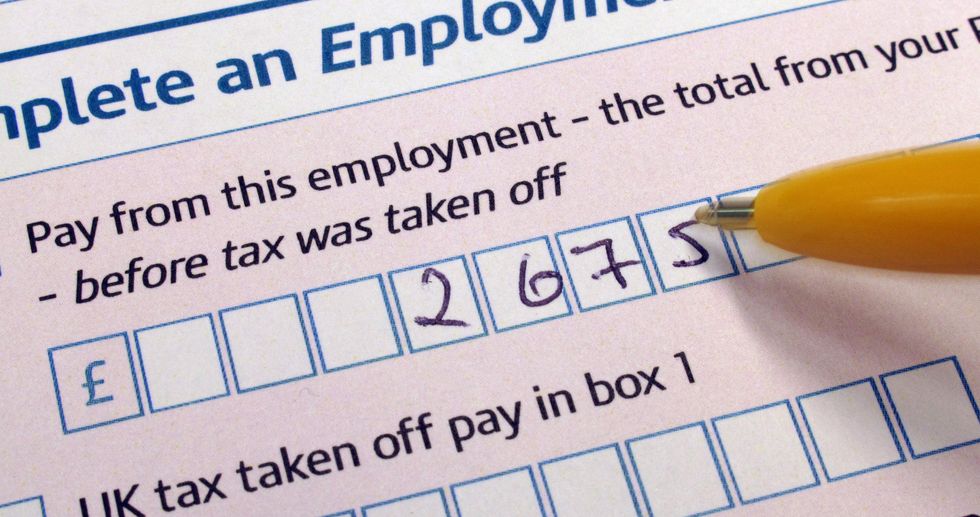More Britons are finding themselves "dragged" into higher tax brackets
GETTY
Inheritance tax is paid by thousands of households at a rate of 40 per cent
Don't Miss
Most Read
Trending on GB News
Experts are sounding the alarm that more and more Britons are being "dragged" into paying inheritance tax (IHT) due to current taxation rules.
Figures published by HM Revenue and Customs (HMRC) highlight that IHT receipts for April 2024 to May 2024 came to £1.4billion.
This is £200million higher than the same period last year and represents an annual increase of 16.6 per cent.
Inheritance tax is paid on the estates of those who have passed away, which includes their money, possessions and property.
It is charged at a rate of 40 per cent on estates which cost more than the £325,000 threshold.
While there are ways to reduce someone's inheritance tax liability, more taxpayers are finding themselves paying the levy due to fiscal drag.
Do you have a money story you’d like to share? Get in touch by emailing money@gbnews.uk.

HMRC is raking in millions from inheritance tax
GETTYThis term is used to describe when tax thresholds are frozen while incomes rise. As a result, households find themselves "dragged" into higher brackets and paying additional tax.
Earlier this year, Chancellor Jeremy Hunt confirmed tax allowances would remain frozen until at least 2028 in what many have described as a "stealth tax".
Despite the unpopularity of this decision, the Labour Party have stopped short of pledging to reverse this policy.
Laura Hayward, a tax partner at Evelyn Partners, warned that many Britons are at risk of being unware of their liability to pay inheritance tax.
She explained: "Even if a new Government is shy of making transparent and potentially unpopular decisions to tax the passing on of wealth more harshly, then fiscal drag is doing a similar job behind the scenes anyway.
"With both property and financial market assets continuing to surge in value, there is no prospect of the trend abating for more estates, and more assets in each liable estate, being dragged over the frozen thresholds at which IHT kicks in."
Forecasts from the Office for Budget Responsibility (OBR) suggest the share of deaths resulting in inheritance tax being paid will jump to 6.3 per cent by the 2028–29 tax year.
According to Evelyn Partners, the would be the highest level of IHT taxation since the 1970s.
Revenue raised from IHT and its predecessor levies has increased over time in real terms, from around £2bn in 1980/81, to £7.5bn in 2023/24.
This figure is expected to reach almost £9bn by 2028/29 under current OBR forecasts.
LATEST DEVELOPMENTS:
 Inheritance tax is applied to inherited assets worth more than £325,000, or total assets in excess of £650,000.PA
Inheritance tax is applied to inherited assets worth more than £325,000, or total assets in excess of £650,000.PAAccording to Evelyn Partner's tax expert, HMRC is likely to rake in billions more in the years to come until the effects of fiscal drag subside.
Hayward added: "The haul for the Treasury from IHT is likely to escalate in the coming years due to a particular demographic bump.
"As the wealthy baby boomer generation dies off in the next couple of decades, there will be a massive transfer of wealth. Research shows that the older generations have as much as £2.6trillion of equity tied up in their homes.”
Some Tories have floated scrapping inheritance tax all together in an attempt to narrow the gap between the party and Labour in the General Election polls.








